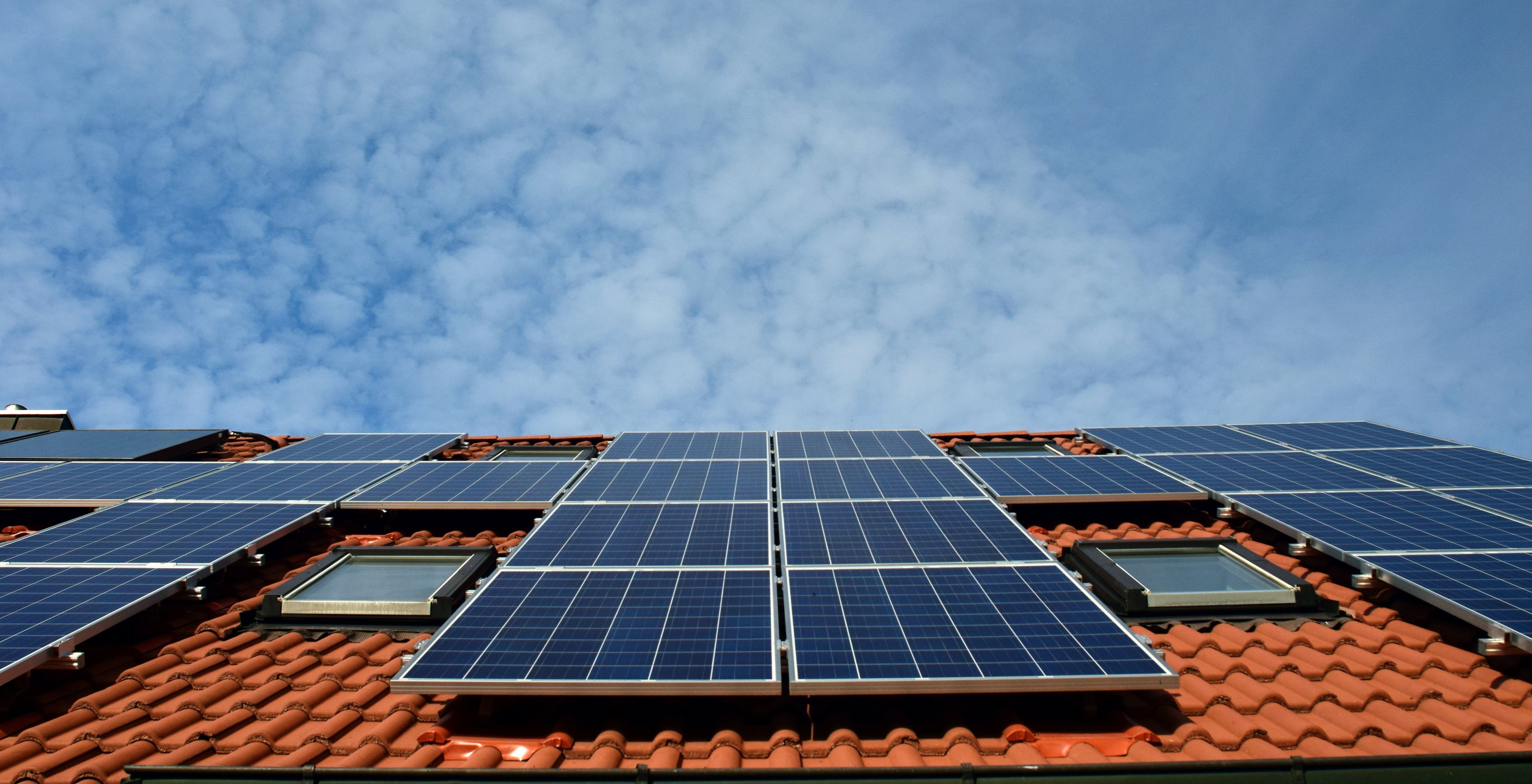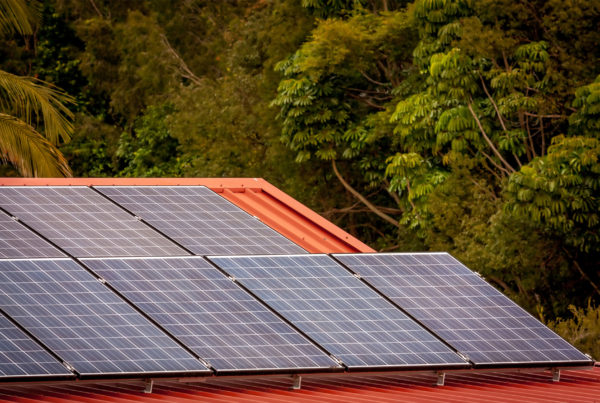A solar system can generally make a substantial dent in a household’s electricity bill. Savings of many thousands of rupees a year are possible for big residential power users but achieving a zero bill is difficult if not impossible in most of the Indian states.
In India, electricity produced though your solar system is either used instantaneously in the home, office or business or exported back to the power company. This exported power will earn you a credit based on the feed-in-tariff the power companies are offering. This rate is generally only around one third to one fourth of the cost you pay for purchased electricity. So to get a zero bill you need to export around 3-4 times the number of units you import plus a lot more units to cover the fixed charge part of the bill.
Zero electricity bills require an off-grid system with batteries or a very large solar system on your home, again preferably with storage batteries. The upfront investment to achieve this is substantial.
The installation of batteries to a Solar System will enable power from the system to be stored and used at night or during high demand periods. This increases the ability to reduce electricity bills to zero. However, the cost of batteries, although it has reduced, is still relatively expensive. With advances in technology and increases in economies of scale as more batteries are purchased, pricing of batteries will reduce over the next couple of years and will become a more viable alternative to add to Solar Systems.
Massive financial savings can be made and very large and risk-free returns on investment achieved by simply buying a large high quality solar system, reducing wasted power use and moving the power use remaining into daylight hours so that it can be supplied by free solar power.





